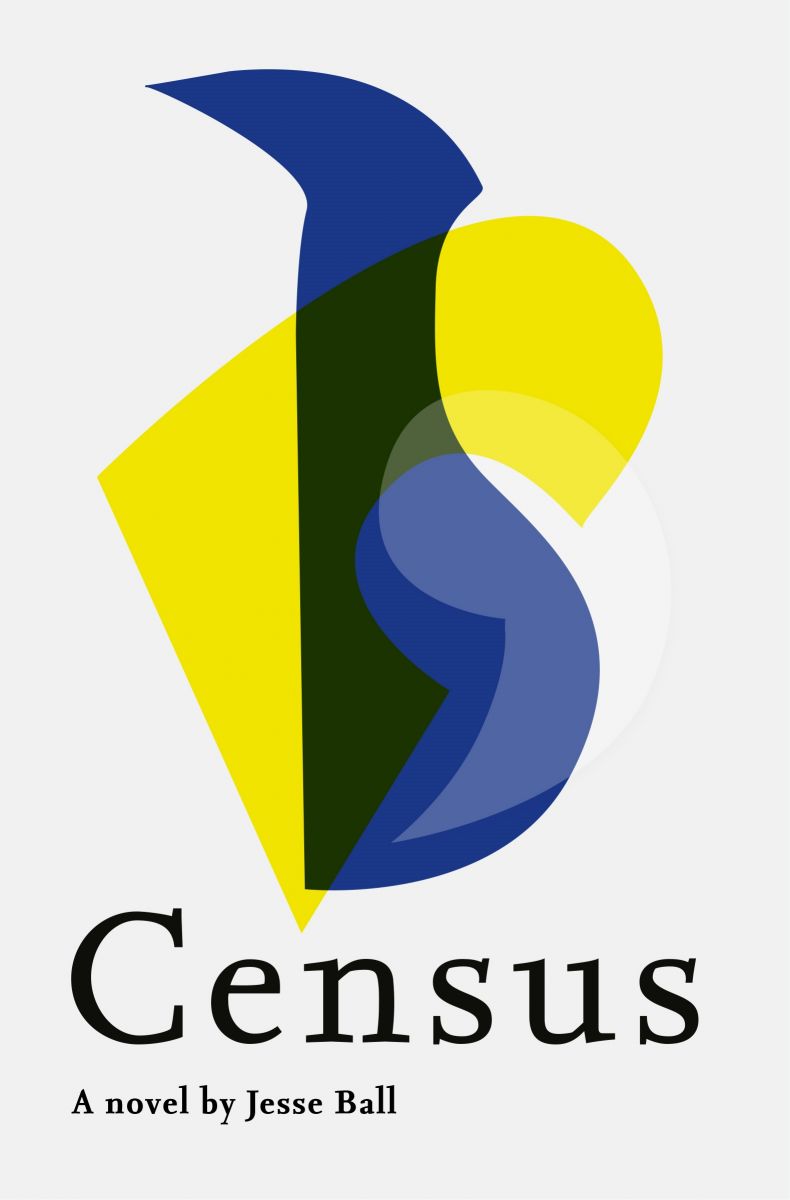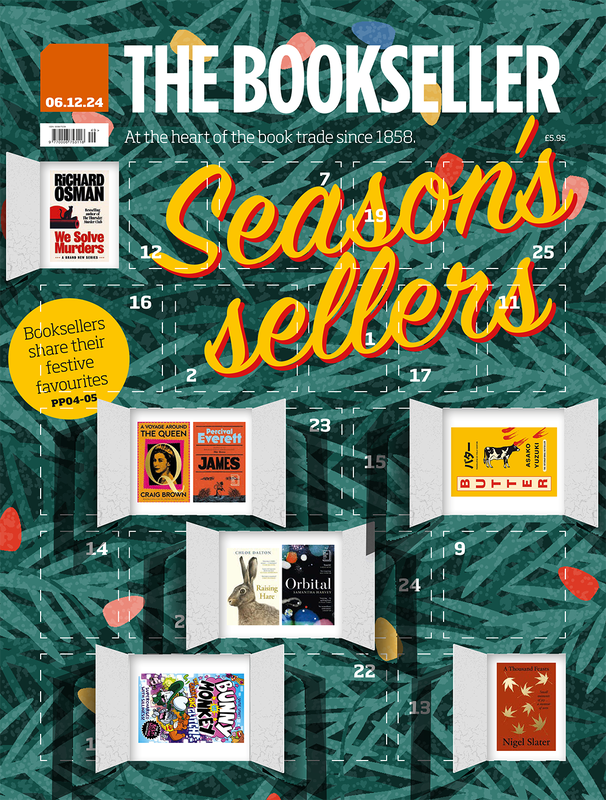You are viewing your 1 free article this month. Login to read more articles.
Jesse Ball | 'Let the dead be thoroughly serious. The rest of us are too busy'
Jesse Ball’s Gordon Burn Prize-winning novel Census (Granta Books) opens with a moving dedication to his older brother Abram. Abram had Down’s syndrome and was only twenty four years old when he died in 1998.
Ball was keen to "write a book that helps people to see what it is like to know and love a Down syndrome boy or girl". Subsequently, Census follows a boy with Down's syndrome and his terminally ill father, a Census taker, as they go on a final adventure through a series of unnamed American towns.
The story is surprising, moving and often joyful–certainly, as Ball would say, "not what you would expect".
 What was the inspiration for Census?
What was the inspiration for Census?
I realised that I had not written a character with Down syndrome. To me this was a shock and a bit of a call to arms. I knew immediately it had to be done—but how to get the enormity of my brother and those like him into a book written in a language hostile to them... it was a puzzle.
Did you know early on that you wanted to explore the dynamic between a father and son?
This was natural as it followed the thought process I had had as a boy: the lives I would imagine for myself when I thought I would be my brother’s lifelong caretaker. Of course he passed away before that future could occur.
Did any unexpected themes emerge as you began to write?
This is the nature of writing: one writes x but instead there comes z or p or w. One doesn’t try to bend x into p. It is lucky for anything to happen at all.
Census was described by one critic as a cross between "an old-fashioned memoir and high concept fable" - how do you strike a balance between the two? How much of the story was drawn from real life experience?
I do not strike a balance. I write what I feel as openly as I can. Sometimes it is not possible to speak openly without a measure of dissimulation.
Despite the dark subject matter, there is a lightness and playfulness to the prose – was this a conscious choice?
There must always be play. Let the dead be thoroughly serious. The rest of us are too busy.
Are there any writers or books that have had a particular influence on you and your work?
Whitman, Kafka, Agota Kristof, Bernhard, Sebald, Pearl-poet, Walser, Alice Oswald, Yourcenar, Dickinson, Babel.
You’ve also written poetry in the past – how do the mediums differ? Do you have a favourite?
Favourite living poet is Oswald. To me the mediums differ mostly one from another in the varying expectations the reader has of what will be delivered (& the corresponding expectations the writer has of what ought to be delivered). There isn’t anything I wrote in verse that couldn’t have been prose or vice versa.
What do you think it is about the "road trip" format that lends itself so well to literature, and continues to be so popular with readers?
Is Canterbury Tales a road trip book? For a writer it is a simple formula: both the world changing & the eye that beholds it, but both in apprehensible ways.
Finally, are you working on anything new at the moment?
Next one is called Divers’ Game. It is a book about the violence of society and the delightful tumult of helpless impossible rowdy life.









